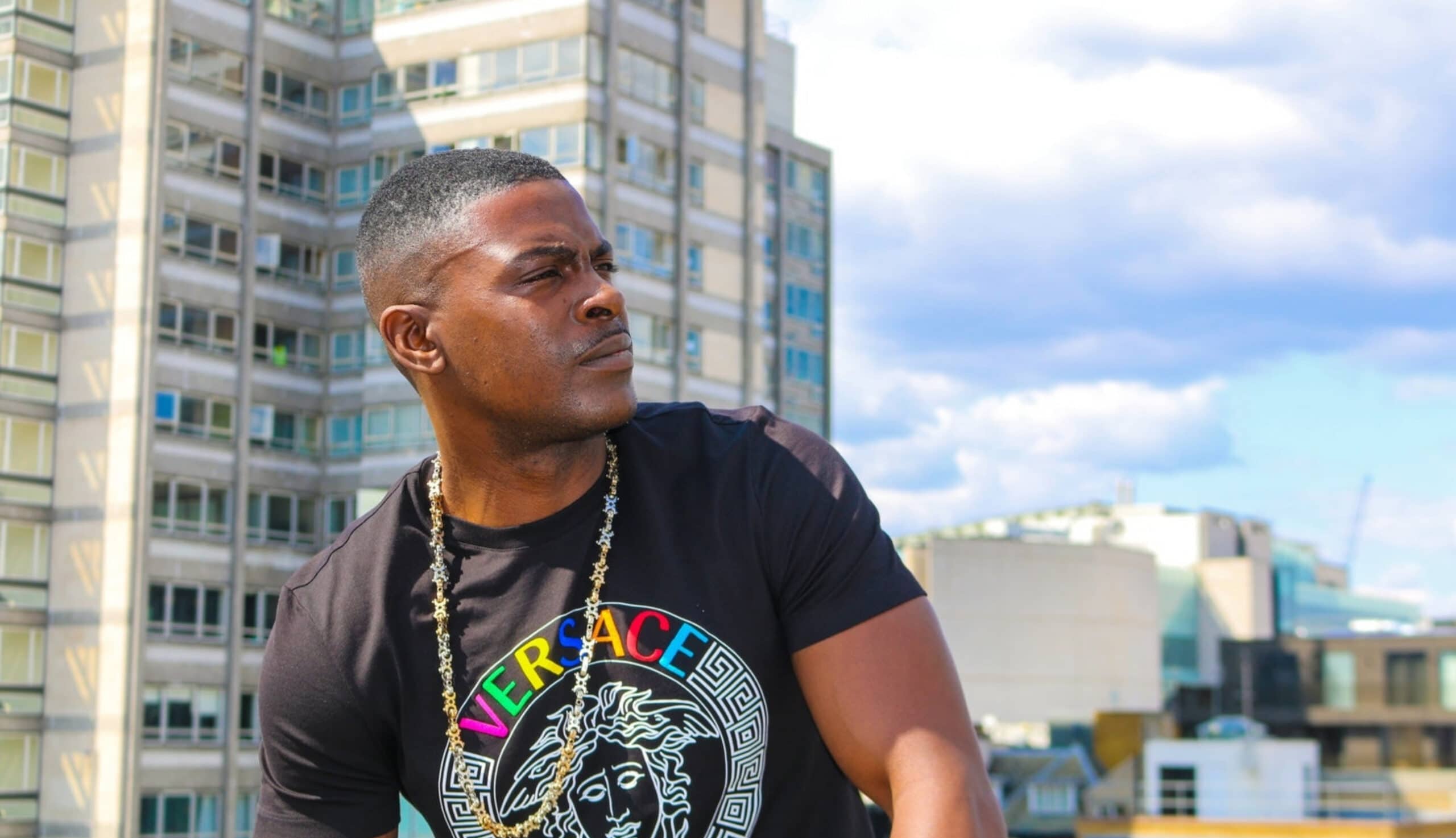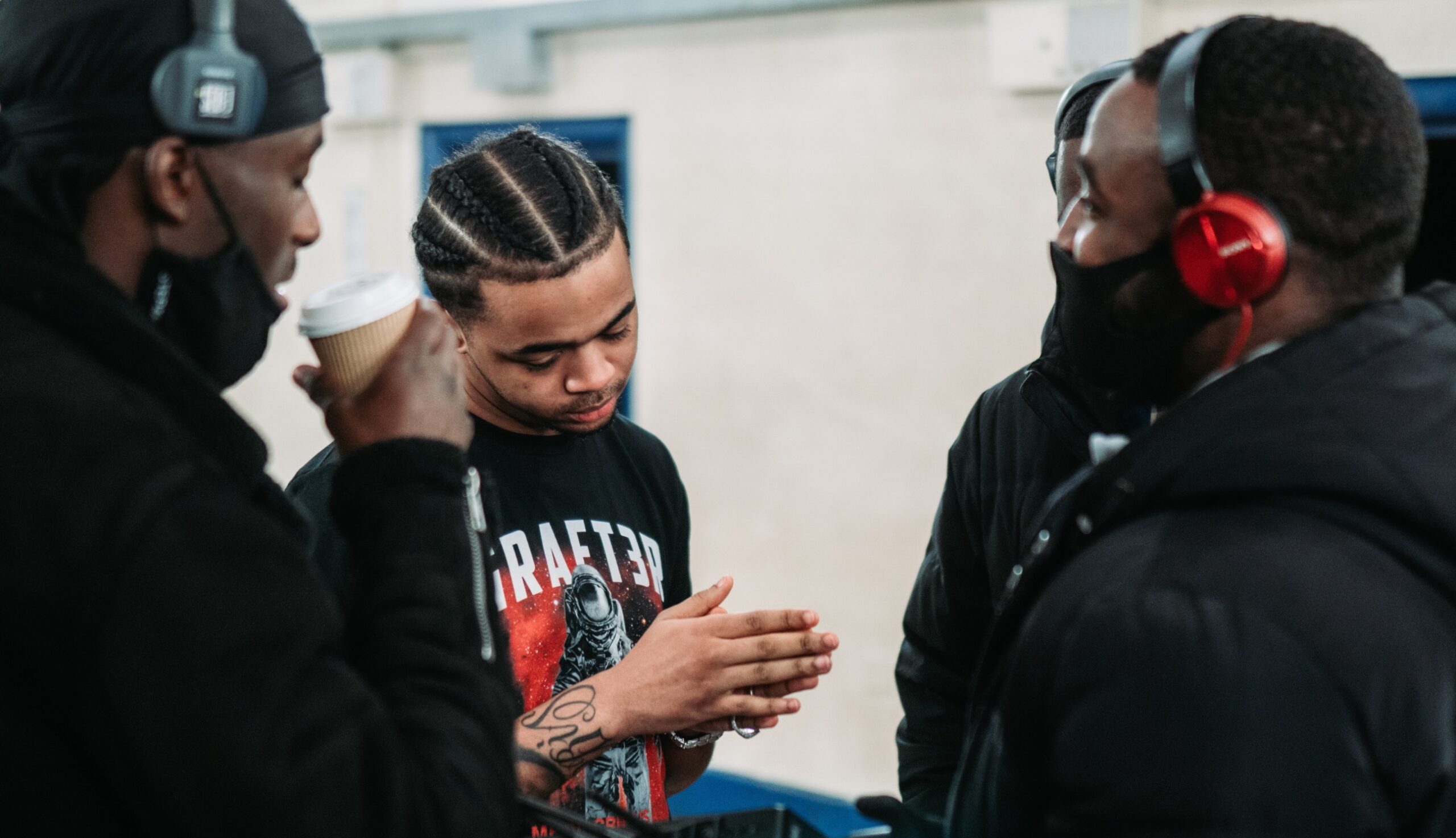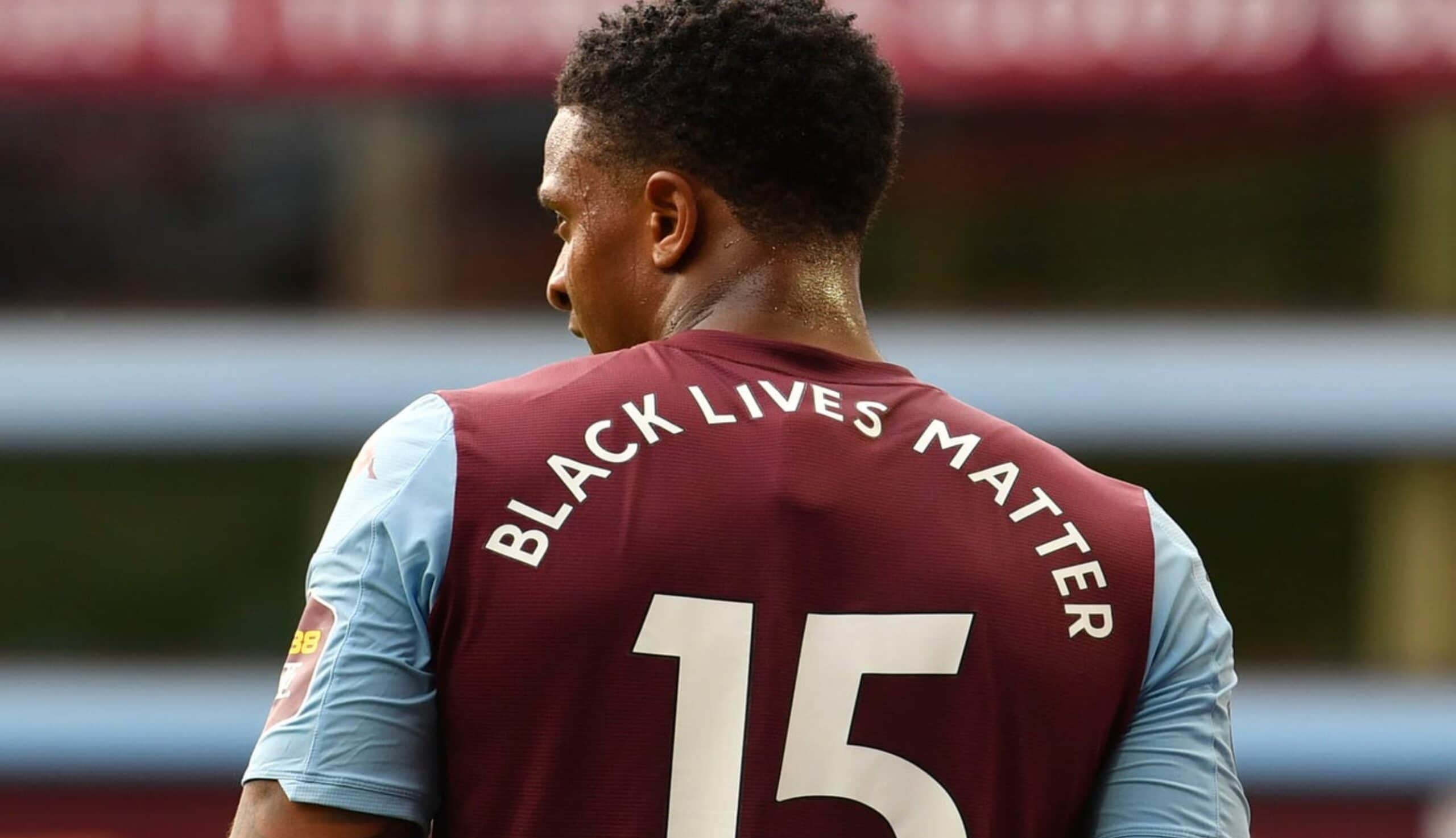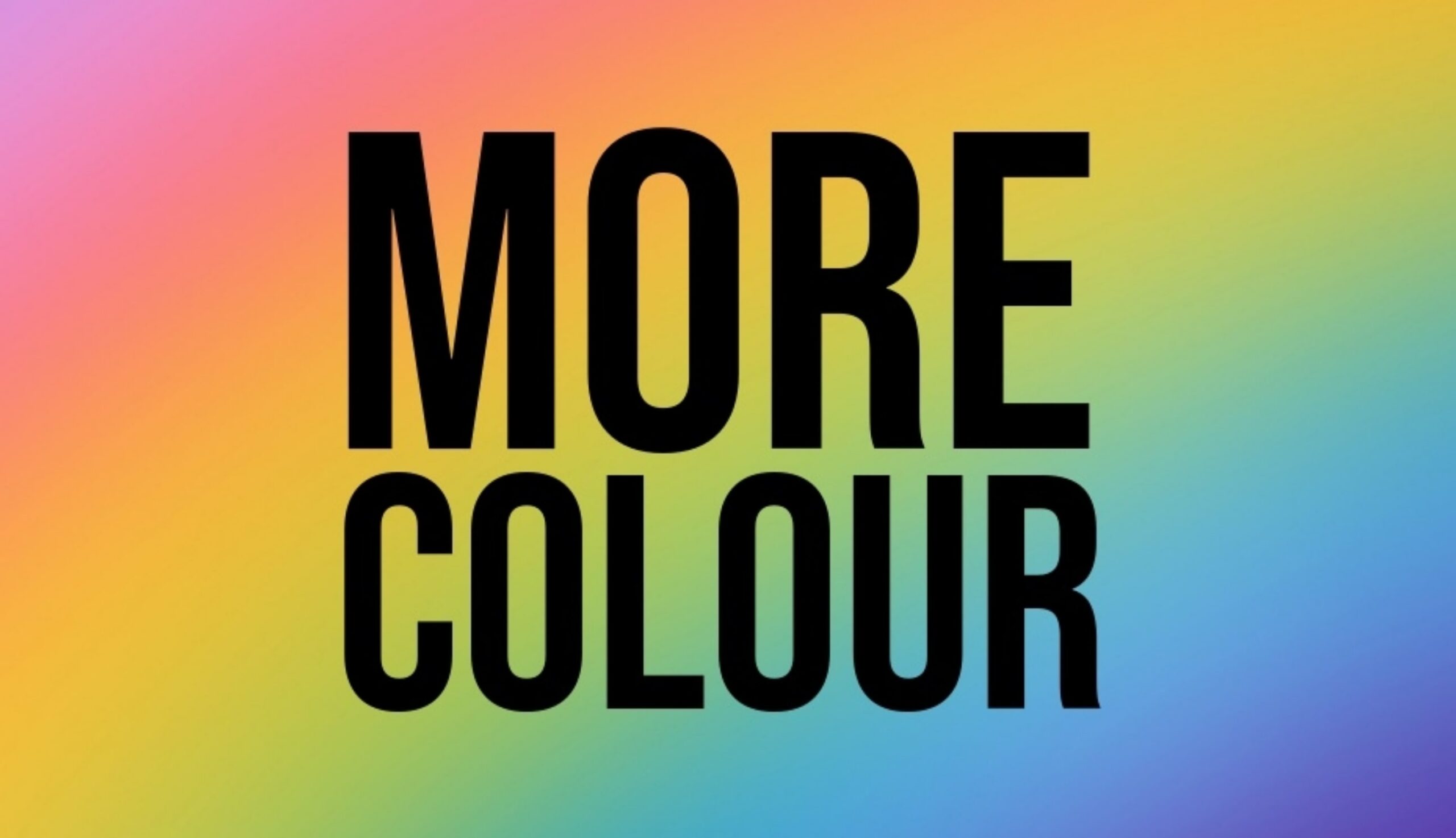
Craze 24 confronts knife and gun crime in London
New Cross rapper, Craze 24, kindly gave up some of his time to talk to us about his latest work. In response to recently increasing spikes of violence in and around London, Craze 24 is aiming to shine a light on the darker sides of street life. In doing so, he is hoping to incite a much needed change. Read his interview with us below.
When did you first start making music and how long have you been doing it for?
I have been fascinated with music from as far back as I can remember. Both my parents are from Jamaica so they were into reggae revival. If there wasn’t some Bob Marley in the background my older brother, who was into bashment and dancehall, would always be playing some Ninja Man, Shabba Ranks or Buju Banton.
I remember watching him and his friends rapping and emceeing, and being mesmerised. I wanted to be like them. I think I was around 11 when I got into rap and started studying the art of writing and projecting lyrics, one of my best memories is competing with my friends on the way to and from school over who had the best bars.
I would say I’ve been writing lyrics for at least 20 years now, and when it comes to releasing music I started in the Channel U era.
What are the main ways in which the music scene has changed since you first started out and what are your thoughts on the current UK rap scene?
I’m super proud of what the UK has managed to achieve. Salute to everyone that’s made a contribution to such greatness, but yeah, the game has changed a lot over the years. From grime, drill and trap, to witnessing urban music becoming the new pop or the most popular music in the UK – a lot has happened in the last 10 years.
We’ve managed to achieve great things but if I’m being honest, I slyly think the game has lost its essence. We’ve somehow gone from building to clout-chasing. From ‘each one teach one’ to showing off.
Don’t get me wrong the scene is filled with good music, especially when it comes to that wavy, vibey music that everyone can tun up to and have fun with, but we need to bring back the substance and the realness. We need more artists like Little Simz, Dave and Wretch 32.
Where did the inspiration for Everybody’s Got 2 Learn come from?
The inspiration for Everybody’s Got 2 Learn comes from the current knife and gun crime epidemic that we are facing in the UK, and also me reflecting on my past and what I could have done differently if I knew then what I know now.
I wanted to write something from the perspective of my future self talking to my past self, almost like an older brother talking to a younger brother or a father talking to his son, giving him some guidance on what to avoid in order to win and how not to waste his life getting caught up in the world of knife and gun crime.
How did you come up with the concept for the video, and how involved were you during the development process?
I was involved in every step of the process from scriptwriting to directing. Me and my co-director Lauren Sophocleos came up with the concept. My original idea was going to be based around me mentoring my little bro, trying to stop him getting lost in street life, but after an intense brainstorming session we decided to focus instead on the way that the olders indirectly groom the youngers into a life of crime whilst trying to help them escape poverty.
We see a very positive influence from all of the women in the video. What was the thinking behind that?
I wanted to show that even if lil’ man is surrounded by positive female role models, without a positive male role model, it’s still super easy for him to get lost in the streets. If all lil’ man sees is gangsters and drug dealers when he’s looking for male role models, that’s most likely what he’s going to become in the future.
The imagery in the video explicitly depicts the use of weapon-based crime, while the lyrics are all about getting away from the darker side of street life – what effect did you hope this contrast would have on viewers?
I wanted it to have a double impact on the viewers. While the single is recorded from the perspective of an older guiding a younger, in that viewers are listening to me give the younger advice about what mistakes not to make, the visuals are displaying all the ways that the older’s influence on the younger is negative and ends up with the younger making mistakes. I wanted to give the older generations a sense of self-reflection while giving the younger generations some guidance.
Off the back of that, can you tell us a little bit about the Youth Diversionary Programme that you are launching?
I am currently running two youth workshops with my brother Big Ven – Always Progress & Everybody’s Got 2 Learn. The Always Progress workshop helps young people overcome obstacles and become the best versions of themselves. We work with ages 13 to 21 and offer young people free studio time and a chance to gain key skills in exciting creative fields. We tackle all the issues associated with young people who may be out of work and education. People at risk of gang violence, offending, homelessness, mental health challenges, but are looking for new skills.
The Everybody’s Got 2 Learn workshop raises awareness about the effects of knife and gun crime in the community. Rappers such as myself will attend the workshops to discuss the negative effects of knife and gun crime in the local community. This workshop will encourage young people to be confident in themselves while addressing the positive and negative influence of role models and their behaviour. It gives young people the foresight to be able to resist things that could stand between them and their dreams.
What are the main things that you hope to achieve with the programme, and what is the long term plan?
I simply want to inspire the next generation to become the best version of themselves. To give back and be that influence that I needed when I was younger.
How do you think the average person can help tackle issues of knife and gun crime in society?
The average person can help tackle the issue of knife and gun crime in society by paying attention to the teenagers in their local communities, instead of pointing the finger and judging. Talk to them, find out their names and interests. Share your stories with them and your experiences. After all, it takes a village to raise a child.
You’ve made socially conscious music in the past as well, with tracks like Black Lives Matter. Why do you think it’s important to make music with a political message?
Today, in 2019, most UK hip-hop and grime music has no real message – other than “I just don’t give a fuck” or “I’m getting money” or “I’m a gangster.” The beats have improved in most cases but the lyrics lack the substance that made real folk heroes like Dylan, Lennon or Marley. The soul is what has been missing for some time now, which is why there are a lot of mechanically good rappers and emcees, but no real greats anymore.
2Pac is a good example of a rapper who managed to achieve folk hero status. He wasn’t the greatest lyricist and didn’t have the best flow, but he spoke out with a passion against the wrongs of the system and the socio-political issues that affect us all. He became a spokesman for the people that used hip-hop as a platform or a tool to try and create change. That, to me, is what makes an artist a true icon, folk hero or legend.
Lastly, do you have any advice for young people who are trying to make it in the music industry?
Firstly, believe in yourself because you are capable of achieving anything that you want in life. Secondly, don’t be afraid to fail. In fact, be happy when you fail because it’s a lesson in how to go about whatever you’re trying to achieve as well as being proof that you’re trying. Thirdly, discipline is the key to success, so practice being disciplined at any opportunity you get.



